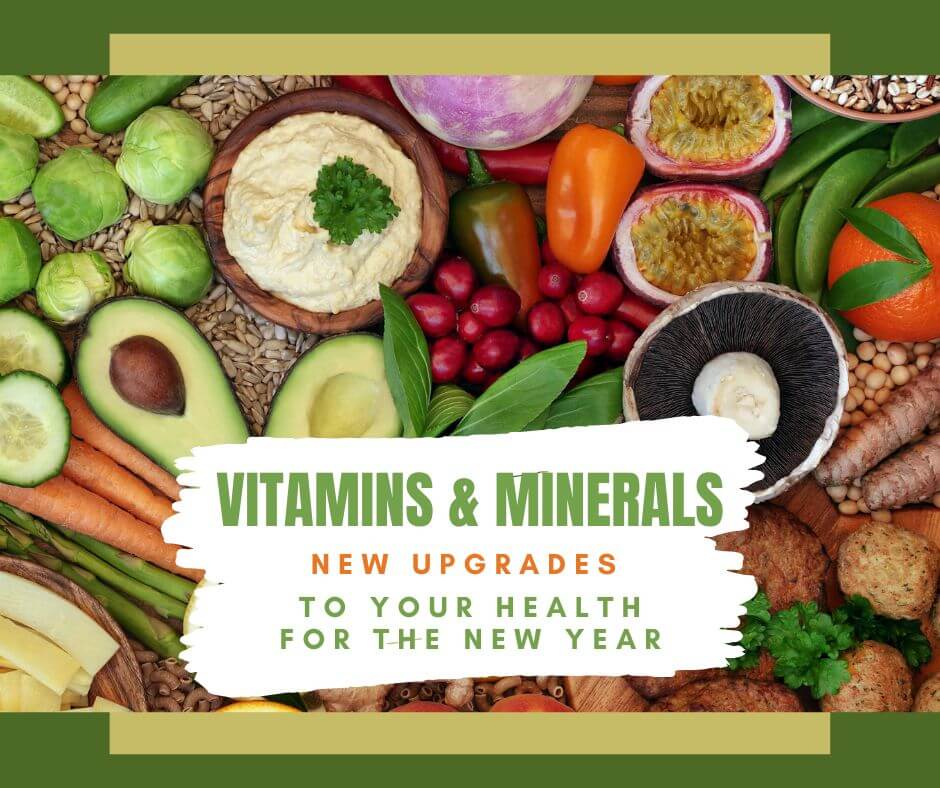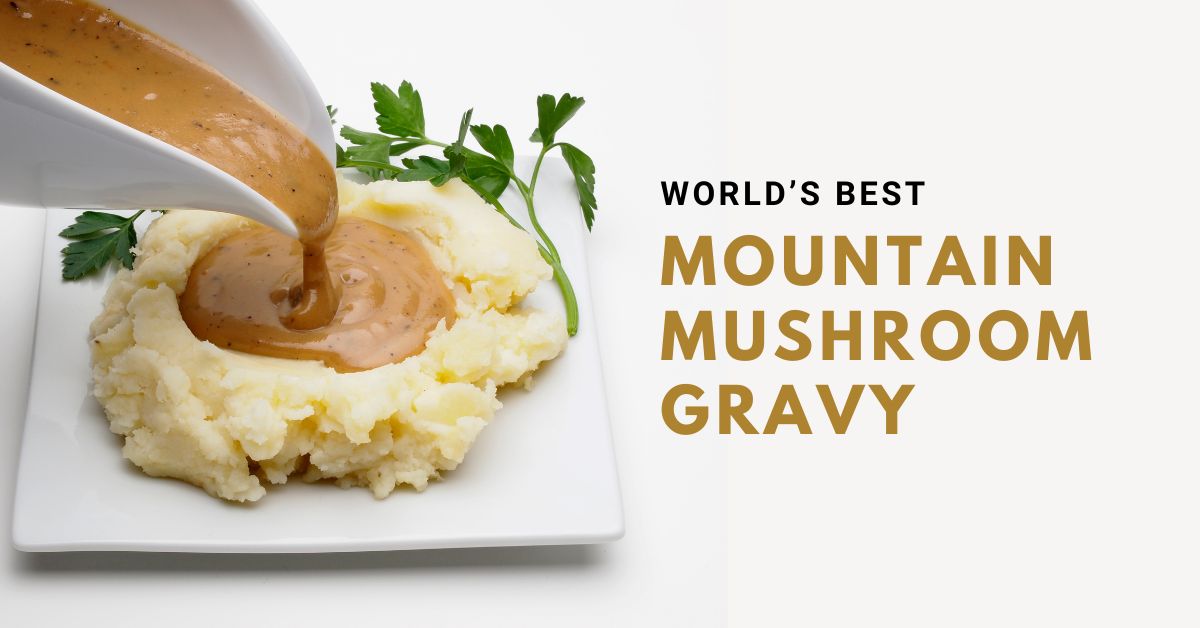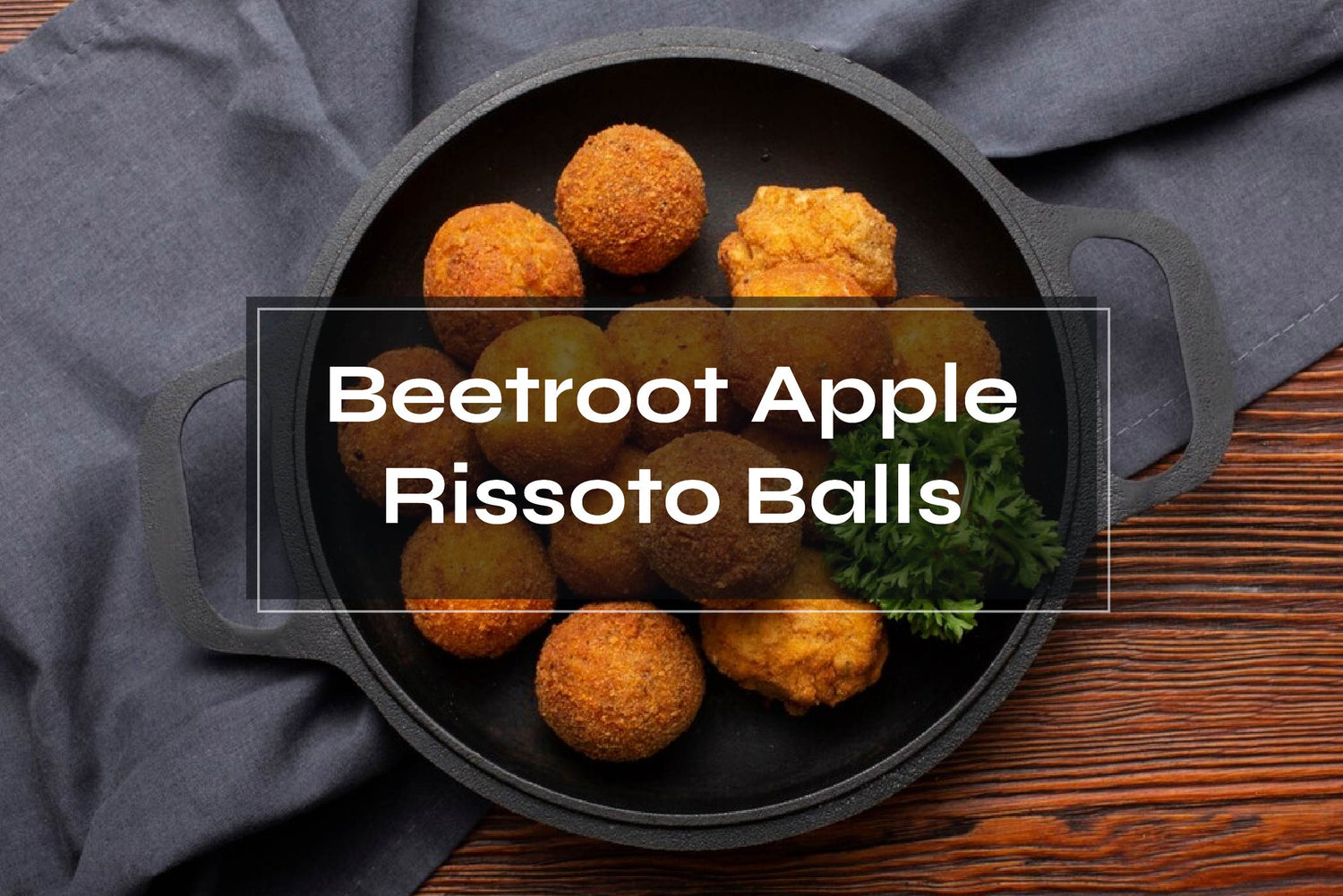
Vitamins and Minerals: New Year, New Upgrades To Your Health
Article at a Glance
- The beginning of a new year is the perfect time to start on a healthier new you.
- Did you know that there are not only benefits but also drawbacks to adding different supplements to your diet?
- In this article, we will discuss four important supplements that can be added to your routine depending on the season.
TABLE OF CONTENTS
The New Year is the perfect time to upgrade your health and wellness routine. With so many ads and conflicting information about the benefits and drawbacks of different supplements, it can be overwhelming to know what our bodies really need to function at their best. What’s in your supplement pill box? What does our body really need to work at optimal levels? What do your cells need to be healthy, to be strong in the face of adversity and disease?
After completing the Cornell University plant-based living nutrition studies, it seems we are best served to get all of the vitamins, mineral and nutrients from food. But what about the diminished quality of soil on which the produce is grown? Over the last industrialized 100 years, climate change, erosion of soil and polluted water supply, vitamins, minerals and nutrients that seep into our food while in the growth stage has changed for the worse. Many studies indicate that our soil has diminished to such an extent that only 10% of the population in the US is not struggling with vitamin and nutrient deficiencies.
Fulgoni VL 3rd, Keast DR, Bailey RL, Dwyer J. Foods, fortificants, and supplements: Where do Americans get their nutrients? J Nutr. 2011 Oct;141(10):1847-54. doi: 10.3945/jn.111.142257. Epub 2011 Aug 24. PMID: 21865568; PMCID: PMC3174857.
Our busy lifestyles, constant physical and emotional stress, and exposure to environmental toxins also contribute to the need for additional support for our bodies. While not all supplements are created equal, the pharmacological industry that produces supplements has grown to a $37 billion industry in the last 20 years. It is important to consult with a healthcare professional and do your own research before adding any supplements to your routine.
After researching and reading various sources on the topic, including both western and eastern approaches to health, I have identified four important supplements that can be easily incorporated into your routine based on the season.
As we all experience a variety of weather mother nature has bestowed upon us this winter, here are some true supplements that will help us each day.
Vitamin D
Known as “sunshine vitamin,” the body gets a dose from exposure to the sun, although in the winter, especially in the northern climate, it’s difficult to impossible to receive this doze in the natural conditions. However, Vitamin D is extremely important because it can be responsible for keeping bones strong as we age. It helps our bodies absorb calcium better, and the most recent acknowledgment among the medical community is that Vitamin D strengthens our immune system to fight of infections and illnesses. It is important to mention that Vitamin D is fat-soluble, which means it is best absorbed with fats, so take it with fatty food such as nuts or avocado. One of my favorites is Vitamin D, produced by 1st Phorm.
Vitamin C
An extremely important anti-oxidant, partly because our bodies do not produce this vitamin on their own. We need to ingest it either through vegetables that contain it, such as sweet potatoes, citrus fruit, broccoli, and also ascorbic acid or implement intake of the time-released Vitamin C twice per day to produce the most benefit. In the winter month, as we become exposed to more viruses and illnesses due to containment in closed surroundings, Vitamin C is an anti-viral, immune-boosting supplement that is imperative to optimize immune function and reduce sickness.
Vitamin E
According to the Journal of Nutrition, 60% of the adult US population is actually deficient in Vitamin E. It’s a fat-soluble nutrient that must be taken with fatty foods such as nuts and avocado to reap the most absorption. Vitamin E is considered an anti-oxidant and it protects the cells from free radicals that cause disease. It helps to boost immune function in the body to fight off bacteria and viruses. It also keeps the arteries in optimal health. A number of foods are naturally abundant with Vitamin E, for instance, almonds, pumpkin, asparagus, red bell peppers, and olive oil. However, in the supplement form produced in a laboratory, the supplement’s potency is actually lower, and therefore higher dose is needed.
Vitamin B Complex
A water-soluble nutrient that is best taken with water. The complex consists of a few different substrates and each serves a different and specific purpose.
- B1 (thiamine) – its most important role is to assist the body in converting carbohydrates into energy; Pork, fish, and beans provide the highest levels of B1 through nutrition. Vegans and vegetarians need to supplement to make sure healthy function.
- B2 (riboflavin) – it reduces inflammation of nerves and supports the mitochondria of brain cells. It can reduce migraines. Milk, yogurt, and cheese are the natural sources of B2 therefore for vegans, a complex B supplement is a great idea.
- B3 (niacin) – is a powerhouse that keeps the digestive and nervous systems functioning at optimal levels. It helps the skin to maintain its very important protective function. Since most of the naturally occurring Niacin comes from dairy, for vegans this supplement is especially important to take on a regular basis. In addition to the many benefits listed above, it can increase HDL (good cholesterol).
- B5 (pantothenic acid) – is critical to the production of healthy red blood cells and has a positive impact on adrenal glands that are responsible for maintaining low-stress levels. Beef, chicken, and avocados provide this nutrient in their organic form.
- B6 (pyridoxine) – assists in maintaining healthy brain development, strong immune support, and keeping the nervous system at steady function. Poultry and fish are the best resources in obtaining this vitamin through natural channels so again for vegans this supplement becomes crucial.
- B7 (Biotin) – It is essential for liver metabolism and also impacts the function of the nervous system. It helps with the strengthening of cell growth for hair, nails, and mucous membrane. Fish, nuts, and meat are the primary source of this nutrient.
- B9 (folate) – important for red blood cell formation and cell growth as well as function. Dark leafy greens, nuts, and peas are a natural resource for folate. However, for people struggling with celiac disease, it’s especially important to maintain appropriate levels.
- B12 (cobalamin) – Impacts red blood cells, DNA production in cells, and nerve function to name a few. Mainly derived from poultry and fish. For vegans, it can be fortified in supplemental form. In recent studies, deficiency in B12 is also linked to cognitive decline and function.
Striving for optimal health in life is an exercise in purposeful, meaningful living. As we start our New Year, with gratitude and patience, we take stock and appreciate the climate in which we live, the people we choose to surround ourselves with, and the food we decide to incorporate into our lives. Seeking out the information helps us make decisions that empower us, heal us, and bring us closer to family and friends. Bringing 18 Chestnuts vegan, gluten-free soups on this journey with you this season. They are created with nutrition in the forefront, meant to feed your cells health and vitality, and leave behind subpar existence and disease.




